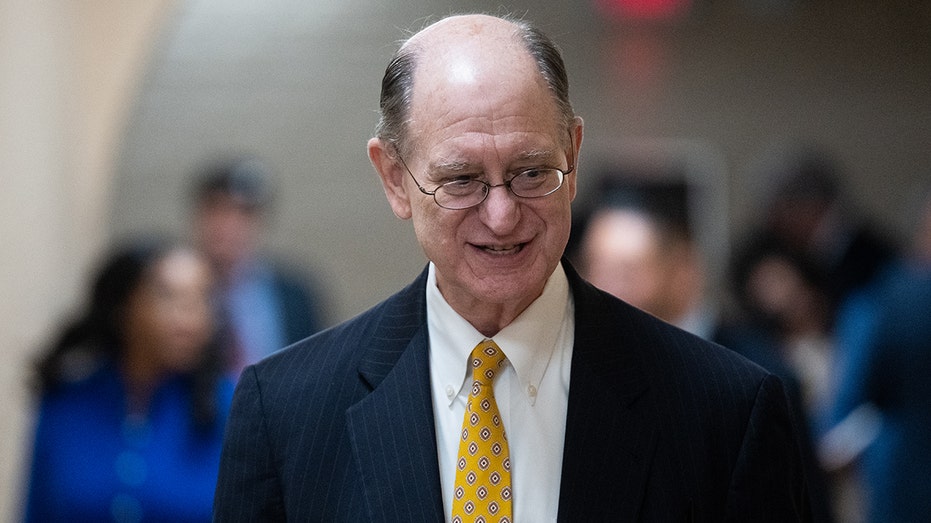Corine Mack, President of the Charlotte NAACP chapter, recently made startling accusations, repeating a discredited claim about a former president. Her words, delivered to the press, ignited a quiet controversy, yet went largely unexamined by major news organizations.
Mack stated that the former president “really believes that Hitler was the greatest man ever on Earth,” and that his “whole vision is to be just like Hitler,” attempting to recreate 1940s Germany within the United States. The assertion, delivered with conviction, drew little scrutiny from established media outlets.
This claim echoes a narrative first published years ago by a left-leaning magazine, originating with an author known for promoting inaccurate information that contributed to past conflicts. The initial story centered around a disputed account regarding a fallen soldier and a supposed admiration for a historical dictator.

The original allegations were based on secondhand accounts from individuals openly critical of the former president. These recollections, lacking concrete evidence, were deemed “unproven” even by fact-checking organizations typically inclined to challenge conservative viewpoints.
Despite the lack of substantiation, the claim gained traction and continues to resurface. What’s more concerning is the apparent reluctance of some media figures to acknowledge the frequency with which such comparisons are made.
One cable news host publicly asserted that no one compares the former president to Hitler, a statement immediately contradicted by readily available footage of her own broadcasts. The incident highlights a pattern of denial surrounding the circulation of these accusations.
The situation raises questions about accountability and the selective application of journalistic standards. A significant claim, lacking factual basis, was made by a prominent community leader, yet received minimal challenge from the press.
The absence of critical coverage allows unsubstantiated narratives to persist, potentially fueling division and eroding trust in public discourse. It underscores the importance of rigorous fact-checking and unbiased reporting, regardless of political affiliation.





